Impartial Fact Checker – the LATIF new tool
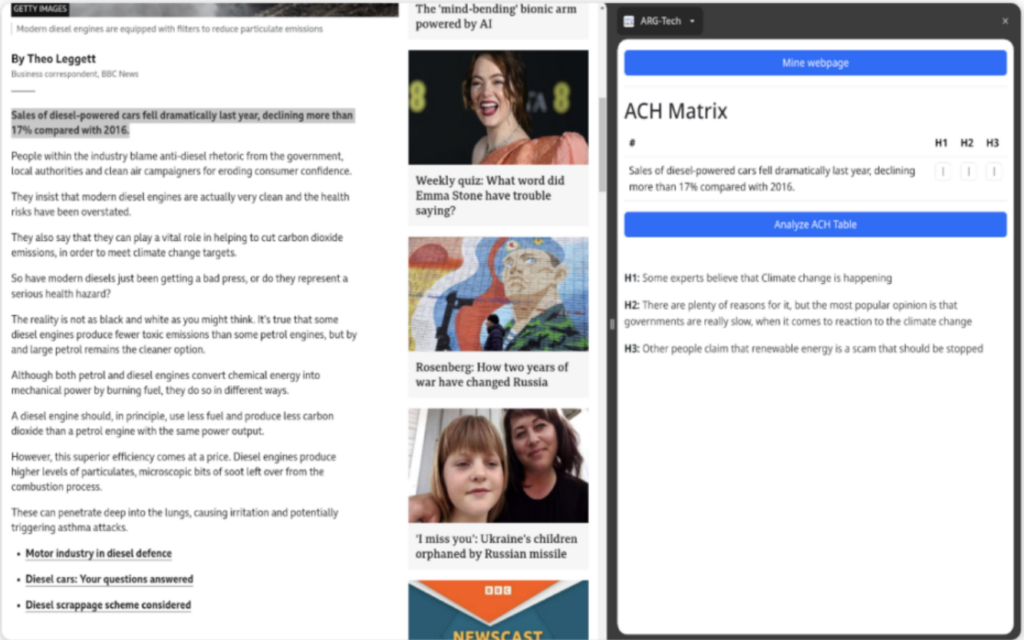
This tool was developed as part of the LATIF project in collaboration with ARG-tech. It is designed to assist fact-checkers in their daily work by leveraging Analysis of Competing Hypotheses (ACH) matrices to mitigate cognitive biases and enhance objective reasoning. This tool is an open-access Google Chrome extension. Click here to discover the tool.
ESRC Social Science Festival Event – Navigating the (mis)information Ecosystem

The networked society has profoundly reshaped the information ecosystem, empowering citizens to both produce and consume news while also accelerating the spread of misinformation in an increasingly polarized environment. The rise of Generative AI and multimodal platforms (such as Instagram and TikTok) has further compounded this challenge, making information verification both crucial and complex. Against […]
Proceedings of the Tenth Conference of the
International Society for the Study of
Argumentation
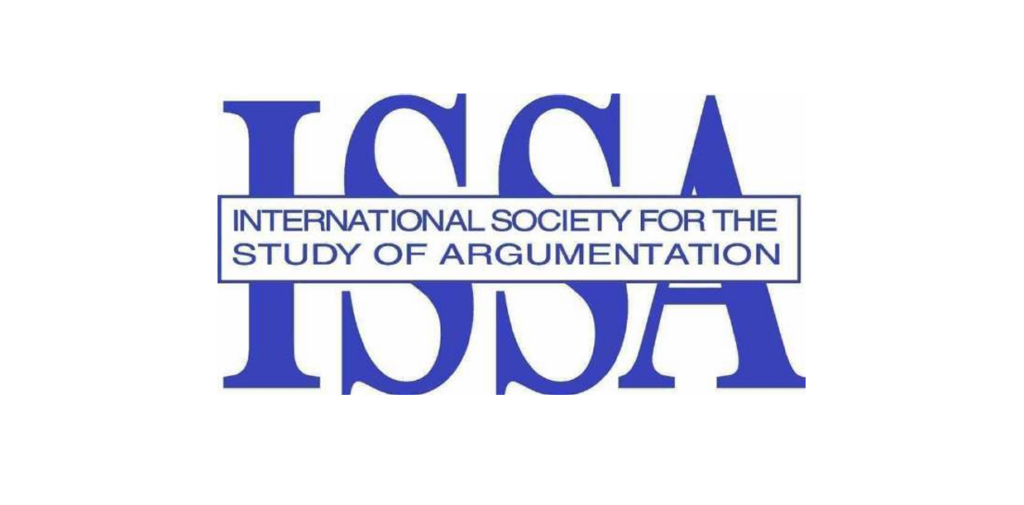
The Tenth Conference of the International Society for the Study of Argumentation(ISSA), held at Leiden University, the Netherlands, from 4-7 July 2023, drew togetheraround 250 argumentation scholars from a wide variety of disciplines, including AI,(speech) communication, critical discourse analysis, education, informal logic, law,linguistics, media studies, philosophy, political science, pragmatics, religious studies,rhetoric, and more. The Proceedings […]
Relevance theory for mapping cognitive biases in fact-checking: an argumentative approach

In the fast-paced, densely populated information landscape shaped by digitization, distinguishing information from misinformation is critical. Fact-checkers are effective in fighting fake news but face challenges such as cognitive overload and time pressure, which increase susceptibility to cognitive biases. Establishing standards to mitigate these biases can improve the quality of fact-checks, bolster audience trust, and […]
Let’s make Fact-Checking engaging: a computational social science approach for the analysis and evaluation of Fact-Checking discourse at scale

To counter disinformation, a plethora of fact-checking organizations have arisen, but the fake news phenomenon is far from being solved. Whilst research in computational social science has widely focused on implementing automatic fact-checking, the analysis of the discourse features which make fact-checking impactful has been under-investigated. By combining social network analysis, emotion-based sentiment analysis and […]
Final LATIF event – 28 November 2024
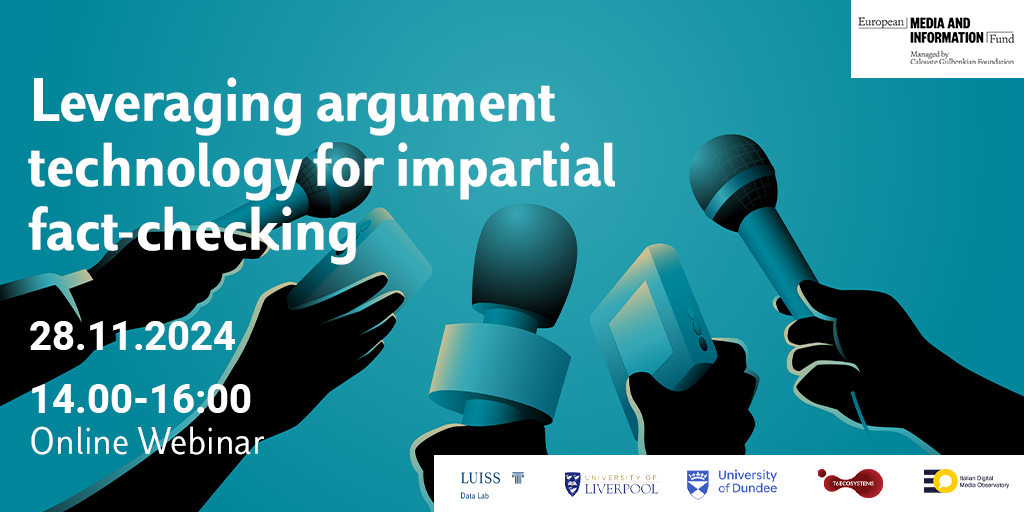
«The LATIF tool is designed to empower fact-checking organizations by improving their decision-making processes and mitigating the risk of cognitive biases. For the first time, this tool incorporates the Analysis of Competing Hypotheses (ACH) methodology used by the intelligence community into the fact-checking domain». This is how Elena Musi, Senior Lecturer in Communication and Media at […]
Strengthening impartiality for the fact-checking

The role of Artificial Intelligence (AI) in combating misinformation is evolving rapidly. AI systems have the capacity to streamline fact-checking operations and counter disinformation, but they also present risks, especially in terms of bias and transparency. As AI becomes increasingly integrated into the media sector, questions around governance and regulation become critical. The LATIF project […]
Defending European Democracy – Main Threats And Measures To Countering Disinformation
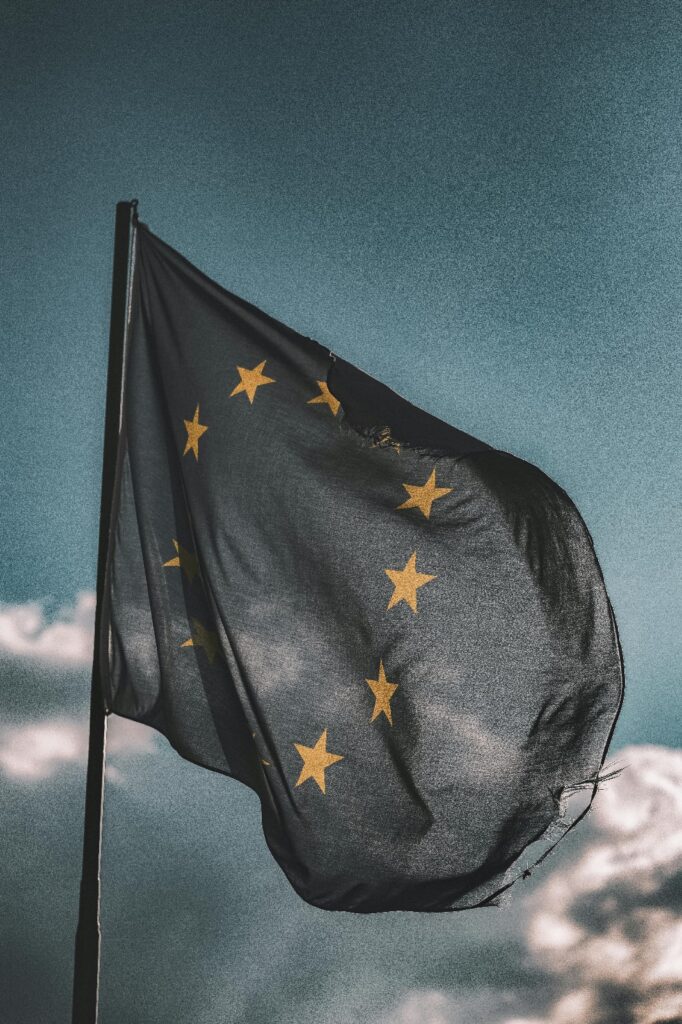
Disinformation poses a significant threat to the integrity of European values, undermining democratic processes and influencing voter behavior. This policy brief for the LATIF Project, funded by the European Media and Information Fund, reviews the current state of disinformation threats and policy measures designed to counteract them. It explores the impact of disinformation on the […]
EDMO Scientific Conference 2024
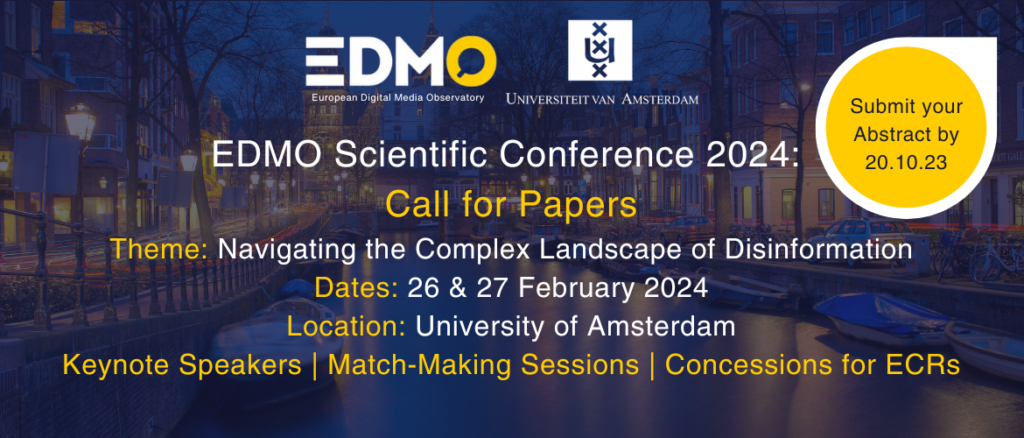
Dates: 26-27 February 2024 Location: University of Amsterdam Theme: Navigating the Complex Landscape of Disinformation Speakers: Elena Musi, Mariavittoria Masotina The European Digital Media Observatory (EDMO) Scientific Conference on Disinformation is an interdisciplinary gathering of minds interested in unravelling the intricacies of disinformation in today’s rapidly evolving information ecosystem. Hosted by the University of Amsterdam, […]
When fact-checks go viral: a cross-national analysis of the dissemination of European fact-checkers on Twitter
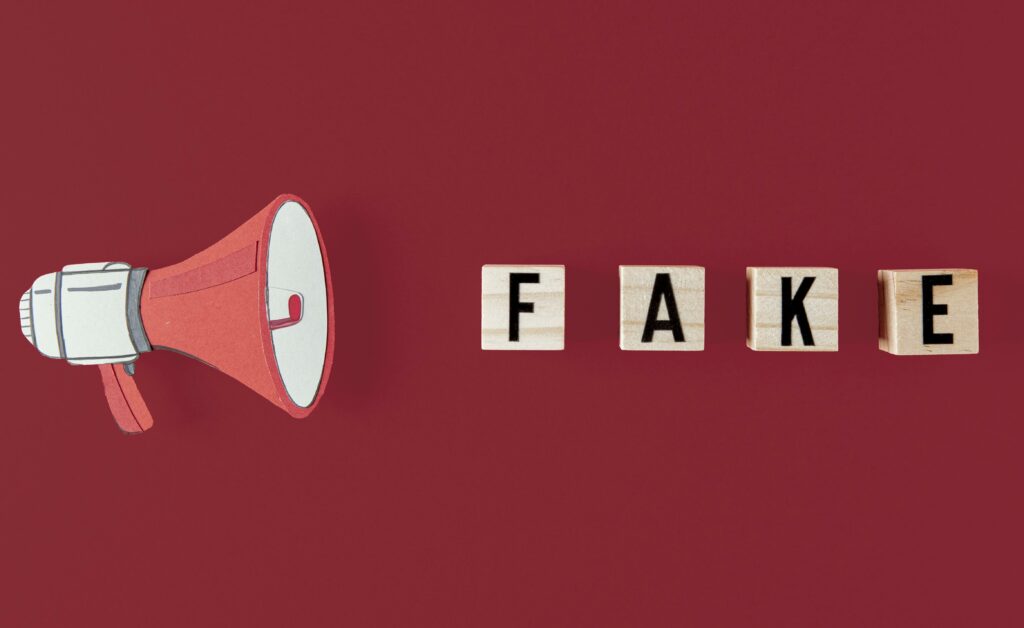
To be effective in countering misinformation, it is paramount for fact-checkers to reach a wide audience. This study investigates the dynamics that lead to broader engagement with fact-checking content published on social networks. Specifically, it analyzes the dissemination activity on Twitter of a cross-national sample of European fact-checkers over a span of 4 months. We […]